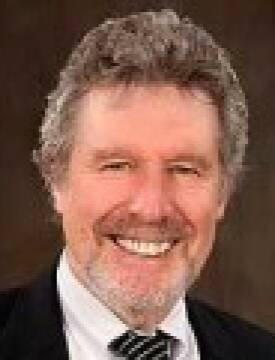
Gene Heyman
lecturer, Harvard Medical School
Gene Heyman earned a PhD in experimental psychology from Harvard University (1977). His thesis tested economic interpretations of the “matching law,” a behavioral principle that describes how animals and people make choices. After a year of teaching undergraduate classes, Heyman took a post-doctoral position in the Department of Pharmacological and Physiological Sciences at the University of Chicago. The psychopharmacological studies led to a research position in drug discovery for a pharmaceutical company. In 1987, Heyman returned to the Harvard Psychology Department. One of his goals was to develop an animal model of addiction that would shed light on how addictive drugs gained control over behavior. He also began teaching an undergraduate course on addiction. Heyman has received several Harvard teaching awards and published more than fifty papers and chapters on topics in choice, basic behavioral processes, psycho-pharmacology, and addiction. His research has been supported by the National Science Foundation, the National Institute on Alcohol Abuse and Alcoholism, the National Institute on Drug Abuse, and private foundations. Most recently he has been teaching Introduction to Psychology as a Natural Science at Boston College, where he is a Visiting Associate Professor.